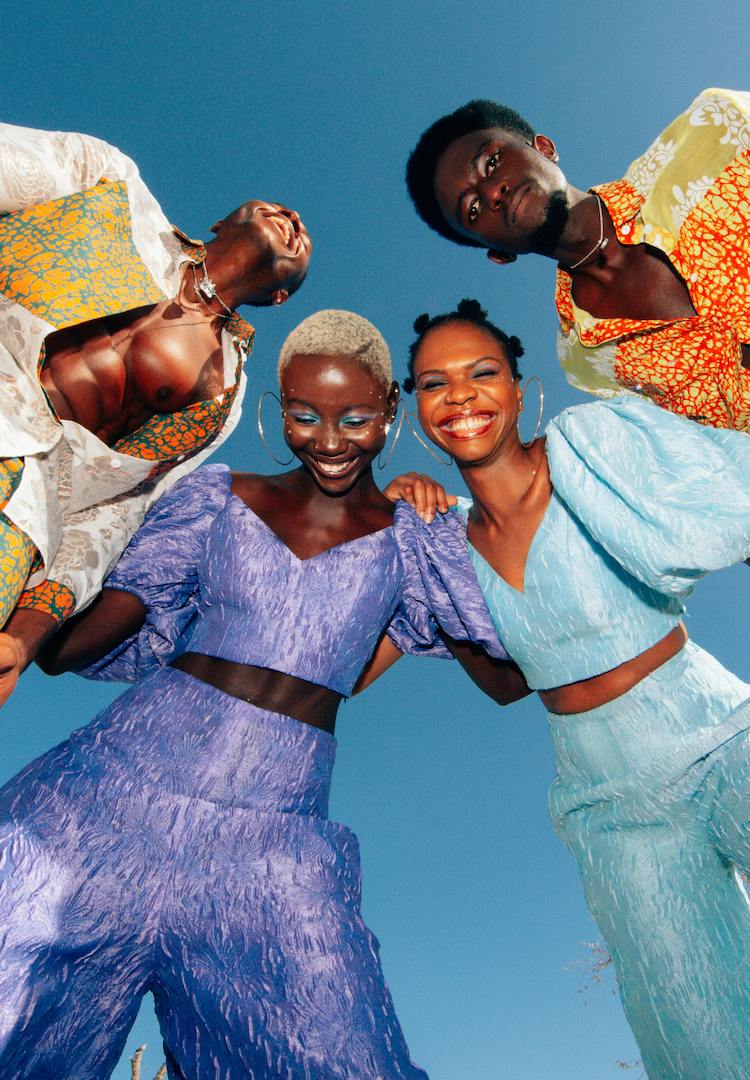A counsellor shares their tips for coping with grief
WORDS BY Shaeden Berry
“There is life after loss.”
I think we can all collectively agree that the past few years have been tough. For many of us, this time has been fraught with significant pockets of grief. When we think of grief, we tend to apply it immediately to death, but this is a simplification of the different ways grief can play a role in our lives.
Yes, we do grieve lost loved ones, but we also mourn relationships, lost jobs and abstract concepts, like stability or the time and opportunities stolen away by the COVID pandemic. Grief is a complex emotion, but above all, it’s a big emotion. It can often feel all-encompassing and when you’re in the midst of it, it can be hard to ever imagine coming out the other side.
Interested to hear how others navigate the world? Head to our Life section.
While the predominant healing method for grief is simply allowing yourself time, there are coping methods we can utilise in the meantime to help with the pain. To learn about the best ways to cope with grief, I reached out to Griefline’s Clinical Services Manager, Marianne Bowdler, who worked extensively in the bereavement sector and trained as a counsellor.
To clarify, by no means are any of these ‘instant cures’ and they’re not guaranteed to help your situation. The bottom line is that everyone grieves differently, but for some, these may assist in easing you through the process.
The first point Marianne emphasises is the importance of a support network and seeking comfort from others. “It’s normal to want to be alone when you’re grieving, but spending time with people who know and love you can be comforting,” she told me.
Marianne caveats this by adding it’s vital to choose people who you feel safe to grieve in front of, and who will understand if you need to abruptly leave social situations. She said to ensure you keep the focus on your need to express your grief, rather than worrying about how it might make others feel. It’s common for people who are grieving to feel like their pain is a burden.
When I was grieving in the past year for my grandmother and my beloved cat, I often found myself apologising if I started to cry in front of others. The fear was two-fold; concern that I was making others uncomfortable and worry that people would be sceptical of my tears and view me as simply ‘performing’ my grief. A key factor in helping me overcome these fears was realising that people who truly cared about me wouldn’t think either of these two things – if they did, then it was probably time to reevaluate the friendship.
Marianne talked of the importance of taking care of your health, but added “remember your definition of ‘looking after yourself’ may change with your capacity and energy levels. People who are grieving should adapt their routine to their reality.”
A person can’t expect that their grieving routine will be the same as their normal routine. Trying to force yourself to continue on as if nothing has happened can slow the grieving process as you deny yourself the time and adjustment to feel the pain in its entirety. Marianne also said we should look to “maintain a bond” with what was lost.
“Grief can make us feel like we need to cut off our connection with what we’ve lost and endure without it… but building a different type of bond can bring considerable relief. Recall positive memories… try to remember the good times that make you feel grateful for what you had.”
Positive memories are hard during the grieving process. For example, if you lose someone after a long illness, often the last memories you have of them are bundled up with hospital beds and trips to the doctor. If you’re grieving for what was lost in the pandemic, perhaps your positive memories are tinged with regret and longing, making it a painful experience. If you’ve lost a pet, often the last moments are entangled with the painful decisions you were forced to make.
But the importance of remembering the good times can’t be understated. There will come a time when those good memories won’t hurt – or, at least, they won’t hurt as much. You don’t want to bury them so deep that you can’t access them when you’re ready to reminisce once more.
For my final question, I asked Marianne what she wished people knew or understood about grief and the grieving process. She told me there were five key points.
- Everyone grieves differently.
- There is no right or wrong way to grieve.
- Many people don’t know how to respond to grief, their own or others.
- There is life after loss.
- It’s okay to seek support.
It’s important to remember that grief is not linear. It’s more like an ocean – it comes and goes in waves and crashes, sometimes even a tsunami or two. Having healthy coping methods at your fingertips to help weather the storm is vital to surviving it.
If you’re struggling with grief, try these resources.










